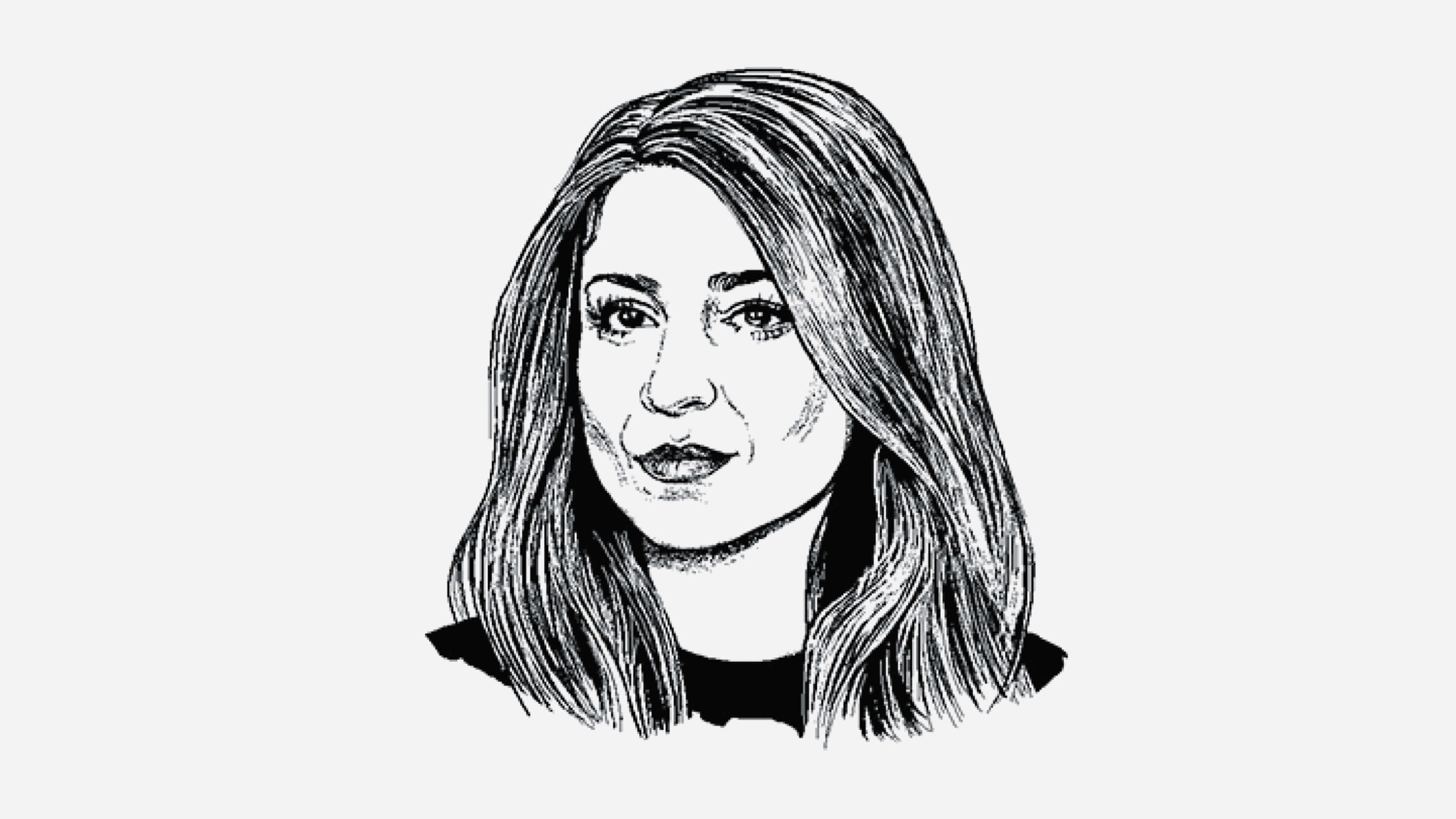This story is part of Fast Company’s Most Creative People in Business 2022. Explore the full list of innovators who broke through this year—and had an impact on the world around us.
While mastering Tuareg musician Mdou Moctar’s acclaimed 2021 album, Afrique Victime, audio engineer Heba Kadry had one overarching priority: to ensure that the sound would translate on tinny cell-phone speakers because that’s primarily how people in Moctar’s native Niger listen to music.
It wasn’t an impossible task—making sure the music had presence in the midrange, while not sounding too harsh—but it was an excitingly unconventional one that spoke to Kadry’s philosophy. “Music is about how we connect to each other,” she says, “and how we tell our stories.”
While digital technology has made producing and engineering music a faster and more accessible process, Kadry still leans primarily on her analog outboard hardware rather than only a computer. “[When] you can feel the actual heat emanating from the unit, there’s a tangibility to that,” she says. “An electric current going through a bunch of components sounds much more dimensional.”
Recognize your brand’s excellence by applying to this year’s Brands That Matter Awards before the early-rate deadline, May 3.
